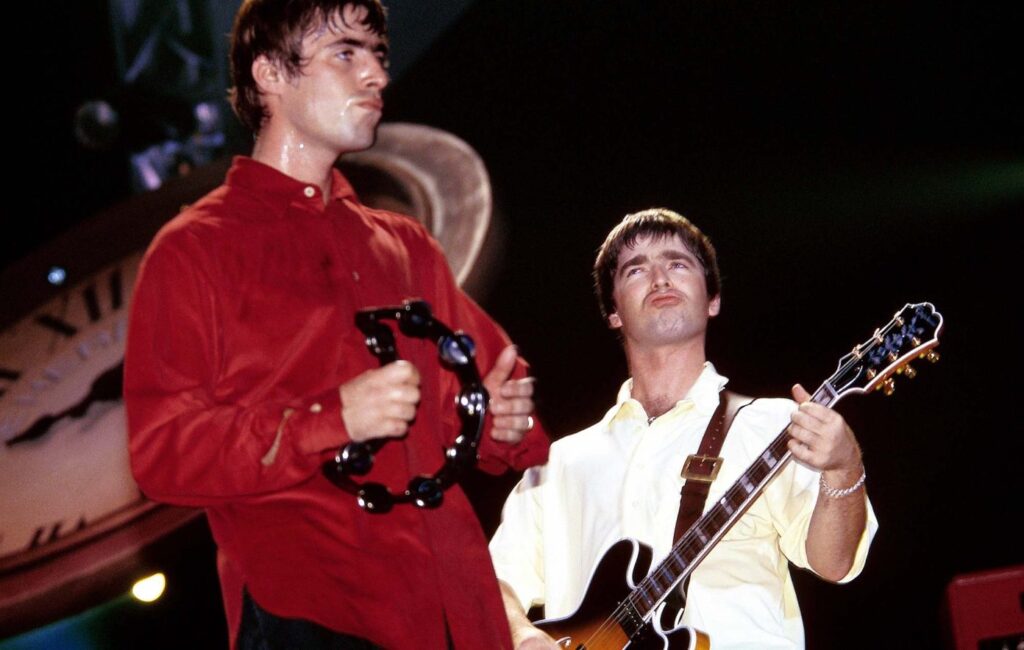
Following a public uproar regarding the high cost of Oasis concert tickets, legislators in Ireland advocate for a new law to prohibit variable pricing throughout the country.
The move comes after fans expressed frustration over significant price hikes for the band’s highly anticipated Croke Park reunion gig in 2025.
The controversy began when tickets for the Oasis concert went on pre-sale at €176 (£148), only to surge to over €400 (£337) as a result of high demand.
Dynamic pricing—a practice that adjusts ticket prices based on real-time demand—increased sharply, leaving fans outraged.
Many who waited for hours in online queues were disappointed that they could no longer afford tickets due to the sudden price hike.
According to the BBC, several members of the Fianna Fáil party, including Senator Timmy Dooley, TD Niamh Smyth, and TD Jim O’Callaghan, are advocating to amend Ireland’s existing ticket sales law.
The lawmakers aim to extend the 2021 Sale of Tickets (Cultural, Entertainment, Recreational, and Sporting Events) Act, which already bans the resale of tickets above face value. This amendment would specifically target dynamic pricing, ensuring ticket prices remain consistent with sales, regardless of demand spikes.
ALSO READ: Janet Jackson confirms Stevie Wonder, Tracy Chapman, and Samuel L. Jackson are her cousins
ALSO READ: Isaac Hayes’ estate sues Donald Trump for $3 million over alleged copyright infringement
As per O’Callaghan, the current legislation “protected fans” from paying exorbitant resale prices on secondary markets. However, the new proposal seeks to protect fans from “seeing ‘in demand’ tickets jumping significantly above the asking price that was initially advertised.”
Despite the backlash, tickets for the Oasis Live ’25 UK and Ireland tour sold out quickly.
The band had partnered with Twickets, a resale platform that allows fans to buy and sell tickets at face value, to prevent scalpers from taking advantage of fans. However, dynamic pricing seemed to undermine these efforts.
According to NME, Oasis issued a statement saying they had “at no time had any awareness that dynamic pricing was going to be used” for their shows. Nonetheless, many fans felt the damage had already been done.
Adding to the controversy, the band reminded fans via social media to avoid purchasing tickets from unauthorised sellers, warning of counterfeit and void tickets circulating in the secondary market. Their official statement emphasised that tickets could only be legally resold at face value through Ticketmaster and Twickets.
The ticket pricing fiasco has sparked public outrage and political and regulatory scrutiny.
During Prime Minister’s Questions, Labour Party leader Keir Starmer described the situation as “depressing,” echoing many fans’ frustrations.
According to BBC reports, Culture Secretary Lisa Nandy also called for a review of dynamic pricing and secondary ticket sales practices.
On a broader level, the European Commission has indicated it will investigate the issue, with some consumer experts alleging that the lack of prior warning about dynamic pricing may have violated consumer protection laws.
According to NME, the Commission will assess whether failing to inform fans before the sale constitutes a breach of EU regulations.
The UK’s Competition and Markets Authority (CMA) has also launched an inquiry into Ticketmaster’s use of dynamic pricing.
The agency examines whether Ticketmaster engaged in illegal commercial practices, whether fans were given “clear and timely information” about the pricing system, and if consumers were pressured to make purchases quickly at inflated prices.
The CMA’s official website encourages fans who encountered issues while trying to buy Oasis tickets to submit their experiences as part of the investigation.
The CMA’s probe will gather evidence from Ticketmaster, Oasis’ management, and the concert’s organisers to determine whether dynamic pricing was lawful.
Fans’ experiences will play a crucial role in shaping the outcome of this investigation, potentially leading to more robust consumer protections in the future.
The Oasis ticket controversy is not an isolated incident. Dynamic pricing has been a growing trend in the live event industry, particularly after the COVID-19 pandemic, which decimated revenues for concert promoters and ticket sellers.
According to experts, the strategy maximises revenue by adjusting prices in response to real-time demand, similar to how airline tickets or hotel rooms are priced.
However, critics argue that dynamic pricing disproportionately affects fans, making it harder for ordinary people to attend popular events.
In an interview with NME, music industry analyst Mark Mulligan pointed out that while dynamic pricing may benefit the industry, it erodes trust between artists and fans. “When people see tickets jump from affordable prices to sky-high rates in minutes, it creates a sense of exploitation,” Mulligan said.
Fans are often caught off guard by these price changes, which can happen rapidly during high-demand events.
While some argue that the practice is a fair way to manage supply and demand, others contend it leads to unfair pricing for loyal fans who simply want to attend a concert.
If the proposed amendment to the 2021 ticketing law passes, Ireland could become one of the first countries to explicitly ban dynamic pricing for live events. This could set a precedent for other nations grappling with similar issues.
Moreover, the ongoing investigations by the European Commission and the CMA could lead to new regulations across Europe and the UK, limiting the extent to which companies like Ticketmaster can use dynamic pricing.





